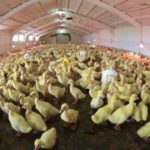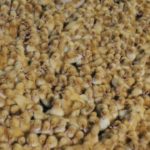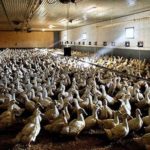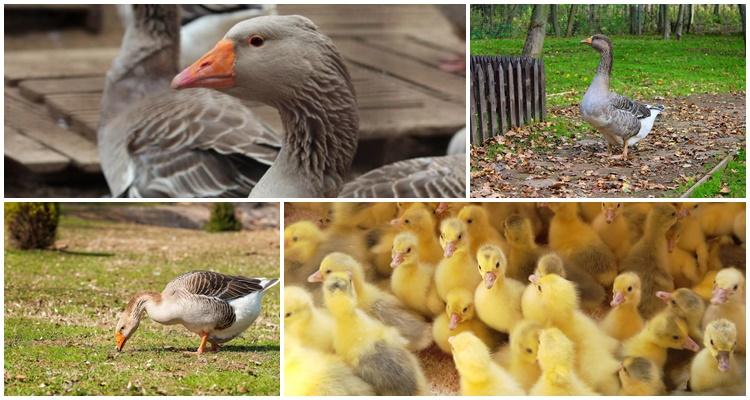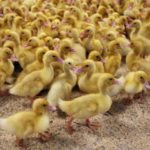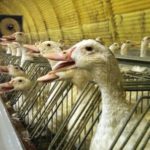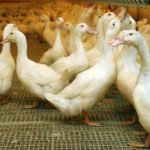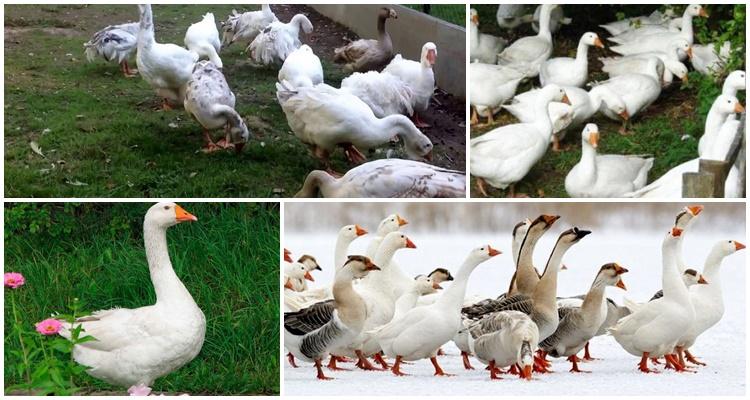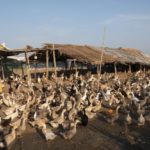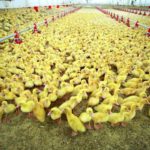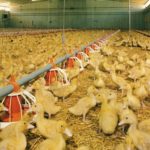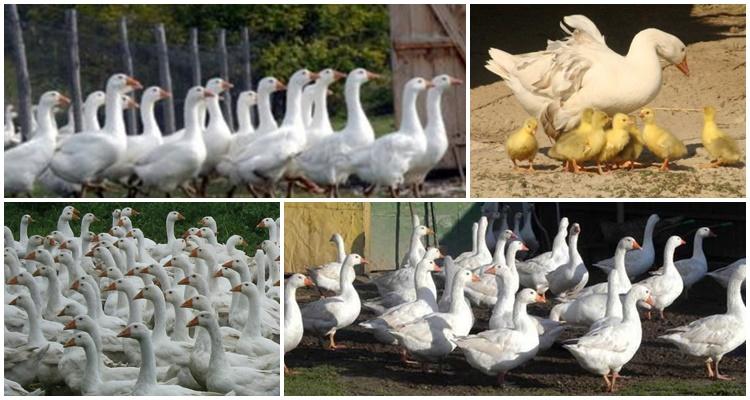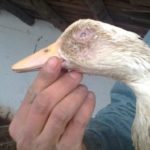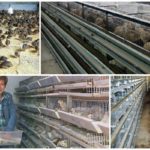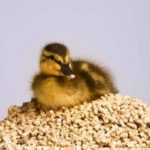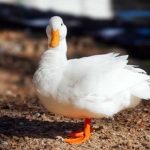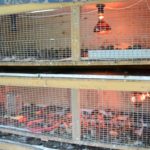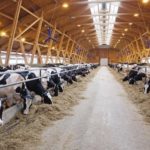It is known that agricultural business can be profitable; private farms can generate income. First you need to draw up a business plan, calculate all expenses and possible income. Select breeds, inventory and equipment, find where to sell the products. Let's look at how to organize a home duck farm, whether it is profitable or not, where to start and how to make the calculations correctly.
Profitable or not?
Keeping a duck farm can be profitable, since ducks reproduce and grow quickly; young animals can be sent for slaughter as early as 2.5-3 months. In addition to carcasses, you can get eggs, feathers and down, and sell litter. If you organize product sales correctly, the duck business will be profitable.
But you also need to take into account that you will have to buy food, build or improve the premises, maintain order and the microclimate in the duckling house. With a large number of birds, the birds will get sick, which means that expenses will be required for treatment and prevention of diseases, otherwise mortality cannot be avoided. As for feed, the farm will be profitable if you purchase cheap feed and in large quantities.
A duck farm can only be profitable if the conditions and rules for maintaining duck stock are met. If you cannot fulfill any condition, it is better to do something else.
Approximate calculations for a poultry house and other expenses (for a farm of 300 birds):
- room for maintenance – 90 thousand rubles;
- machinery and equipment – 75 thousand rubles;
- feed - 20 thousand rubles;
- purchase of young ducklings – 30 thousand rubles;
- expenses for the rest - 15 thousand rubles.
Total: 230 thousand rubles.
Approximate calculations of farm income in a year:
- meat (800 kg at 300 rubles per 1 kg) – 240 thousand;
- eggs (2000 at 100 rubles per dozen) – 20 thousand.
You can get 260 thousand rubles. excluding sales of feathers and litter.
What do you need to get started?
First of all, you need to complete the documents. Which form of ownership for a farm to choose depends on the number of livestock.For a small farm, you can register a private plot; for registration you will need a minimum of documents - a certificate confirming ownership of the land plot. Another option is individual enterprise, it is also chosen by those who keep a small number of ducks. If you plan to keep and breed several thousand birds, then it is better to form an LLC. With this form of ownership, you can do business with other entrepreneurs.
Then you will need to obtain permission from the sanitary-epidemiological service, Rospotrebnadzor and the veterinary service. A quality certificate must be obtained for each batch of goods.
Poultry house arrangement
The duck house should consist of 2 zones - for breeding birds and for fattening. Next to it there should be a walking area, utility rooms where food and equipment will be stored. The area of the poultry house should be such that 3 ducks fit per square meter. m (fattening ducks) or 2 breeding ducks for the same area. These are the minimum standards. Nests should be placed under the wall of the breeding department where the ducks can lay eggs. For every 2-3 ducks you need to put 1 nest.
In a poultry house where it is planned to keep many birds, it is necessary to have lighting, heating and ventilation. It is necessary to ensure that cleaning the floor and feeders is convenient.
It is desirable that ventilation, cleaning, feeding and watering systems be automated; this will simplify bird care. It will be possible to significantly reduce the time required to maintain a duck farm.
Ducks cannot be kept indoors all the time; they must roam. The walking area should be placed next to the poultry house. Make a hole in the wall through which the birds will go for a walk. The area of the walking yard is 1 sq. m. for 2 ducks.They need to be walked every day so that they can spend at least 8 hours outside. It is not recommended to keep birds of other species on a duck farm.
Breed selection
Any duck breed can be bred on a home farm; the choice depends on the purpose of breeding. If the main product is meat, then you need to choose from meat breeds. If eggs, then egg ones. Universal meat-egg varieties are suitable for home breeding. You can breed broilers or mulards; they grow best and make a profit faster than other breeds.
To form a parent flock, you need to leave 1 drake for every 5 ducks. From these birds you can get up to 75 ducklings per year. To get a herd of 3 hundred heads, 4 drakes and 20 ducks are enough.
Care and feeding
Ducks are known for eating whatever is given to them. The basis of their feeding is grain mash, garden vegetables and root vegetables, grain waste, vitamin and mineral supplements, and grass. It is convenient and profitable to feed ducks on a home duck farm with compound feed. By eating compound feed, ducklings gain weight faster, they can be sold faster and make a profit. However, for raising ducks on feed to be profitable, the reproduction of ducklings must be constant, since good duck feed is not cheap.
Necessary equipment and supplies
For a duck farm you need to purchase:
- lamps for lighting and heating ducklings;
- heating devices;
- flooring material;
- ventilation system;
- feeders for mash, dry food and pebbles;
- drinking bowls
It is clear that ducks will not hatch eggs on a duck farm. Ducklings are hatched in an incubator. You need to purchase the device immediately; the productivity of the unit must be sufficient to allow you to hatch as many ducklings as are required for replacement stock.In addition to the incubator, you will need a brooder in which the ducklings will grow up to one month of age.
You also need to buy a machine for plucking carcasses; purchasing a device is necessary, since plucking carcasses by hand is problematic. You also need to buy a freezer in which the products of the duck farm will be stored until sold.
How to find a product distribution channel
The profit from a duck farm is determined by the productivity of meat and egg products. Everything produced on the farm must be sold correctly. Products should not sit idle, otherwise profitability will decrease.
Meat and eggs can be sold in markets, and if you have permits and documents, they can be delivered to restaurants, cafes, and shops. The remaining feathers and down are sent to factories that produce down jackets, pillows, and blankets. Even the accumulated droppings can be sold to local farmers.
A duck farm can be profitable if the conditions are met - purchasing and breeding purebred ducks, proper feeding with inexpensive feed, prevention and treatment of diseases, timely and profitable sale of products. Keeping a duck farm can be beneficial for both beginners and experienced farmers and become a source of regular income. The owner and assistant will handle the maintenance of a small farm, but for a large farm you will have to hire workers.

